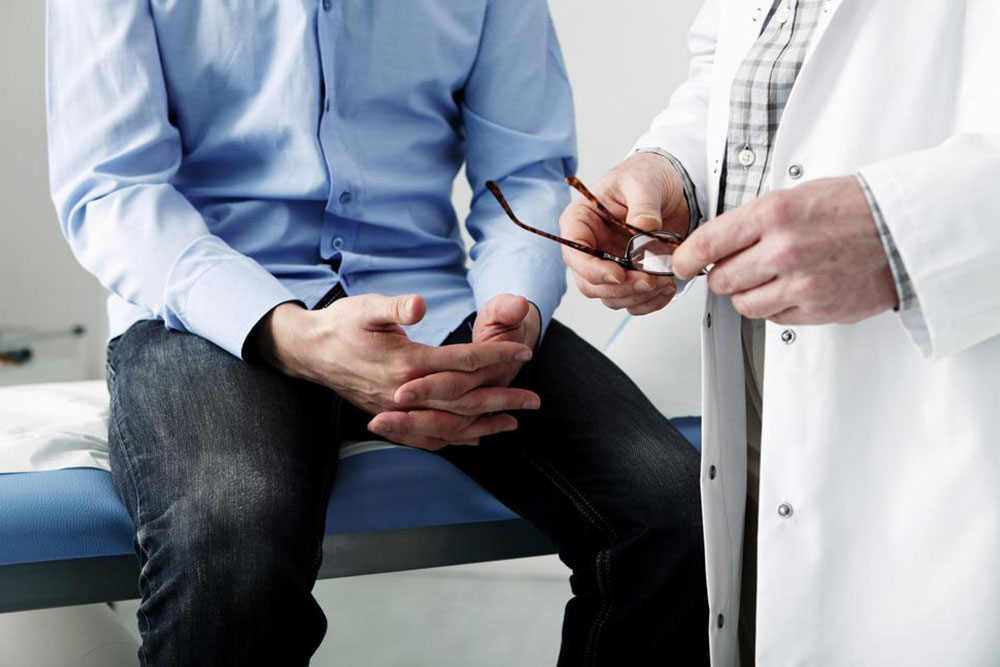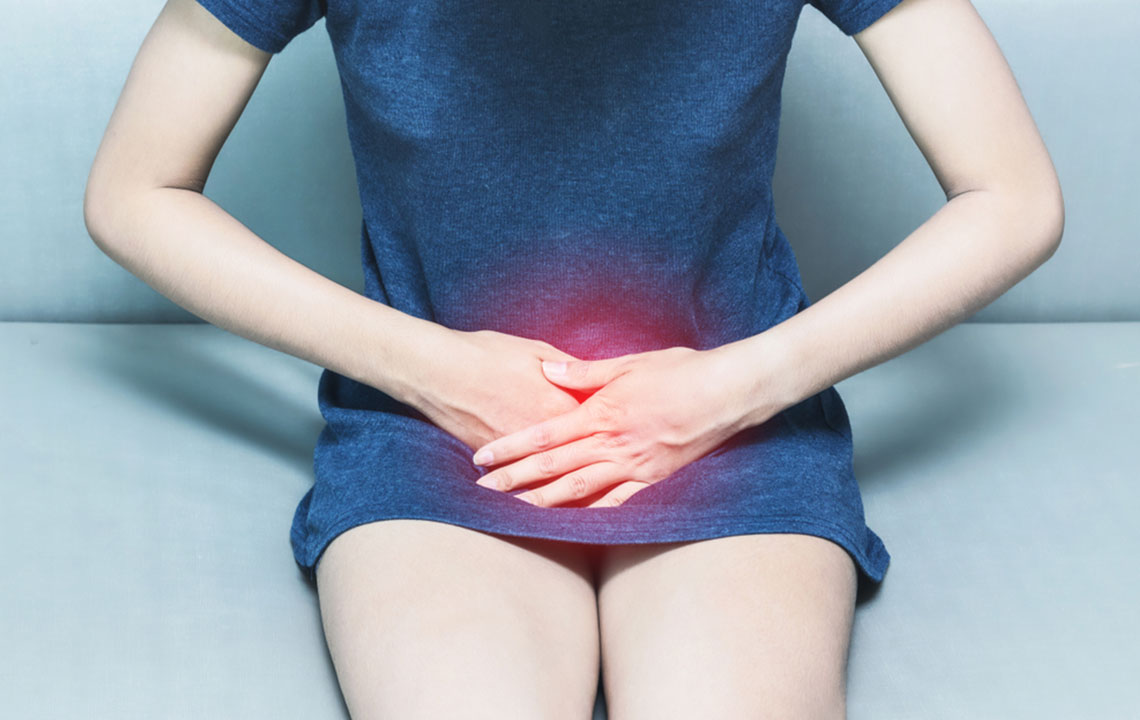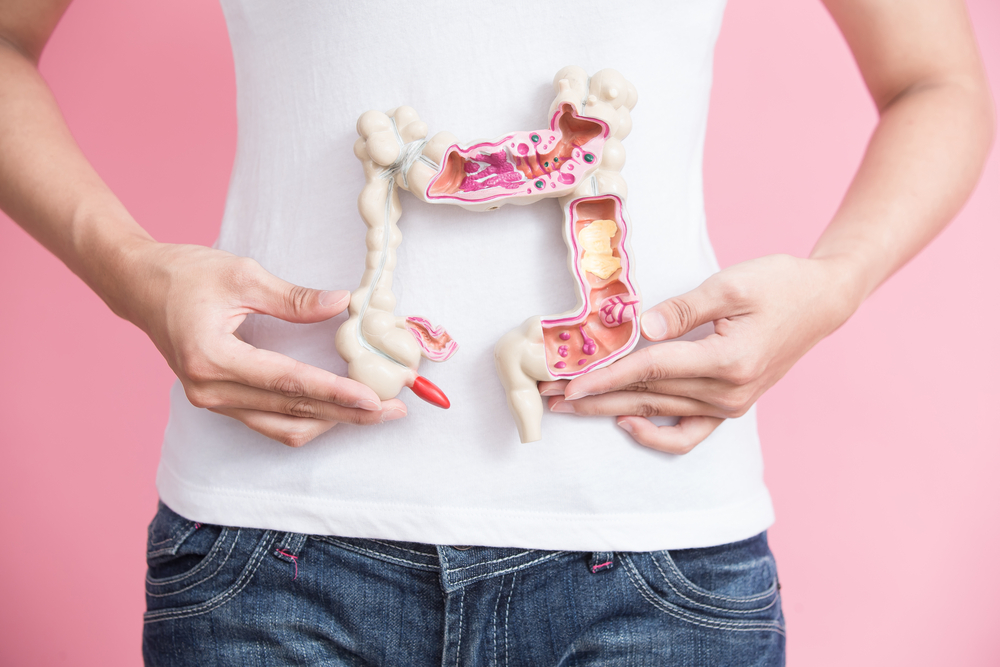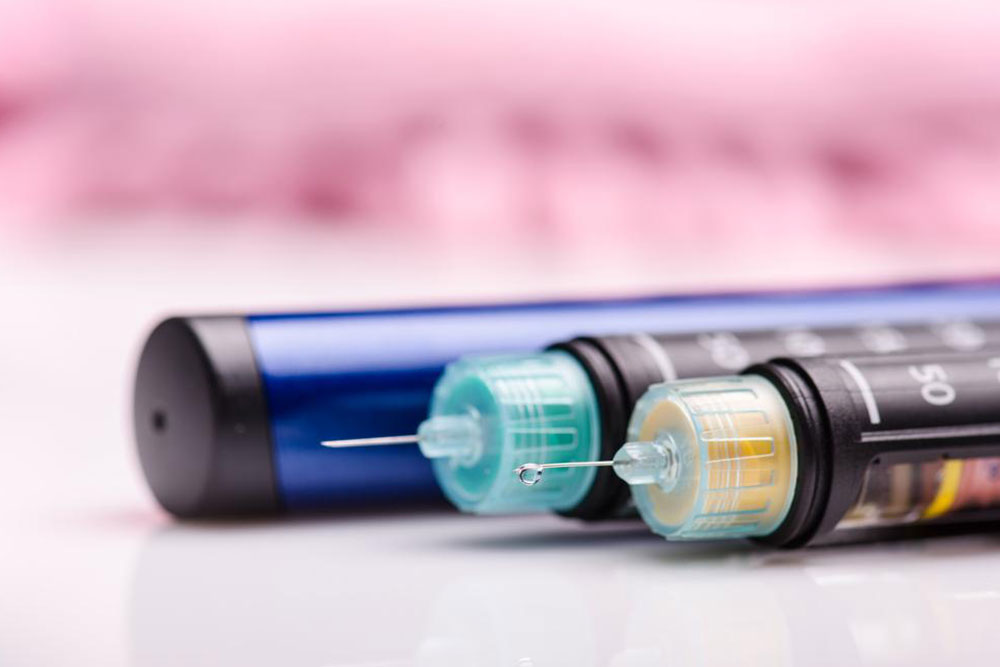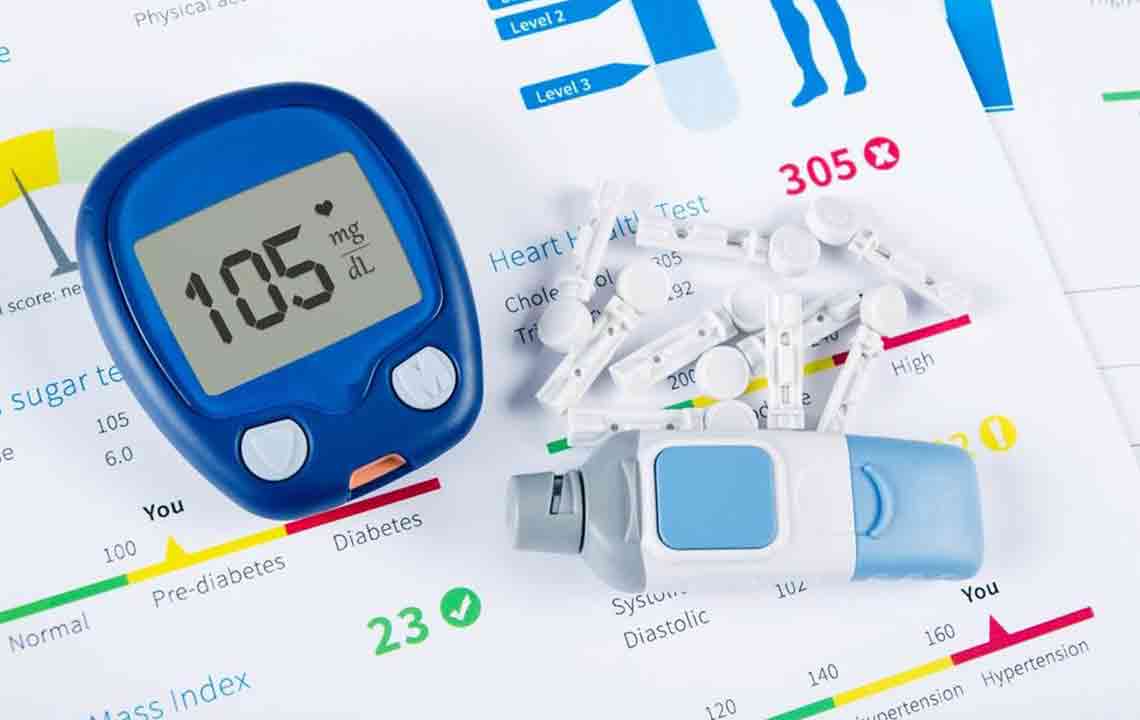Early Detection Strategies for Diabetes
Discover key strategies for early detection of diabetes, including recognizing symptoms of Type 1 and Type 2. Learn about risk factors like obesity and high cholesterol, and how lifestyle changes such as diet and exercise can help prevent the disease. Early diagnosis is crucial for effective management and reducing complications.
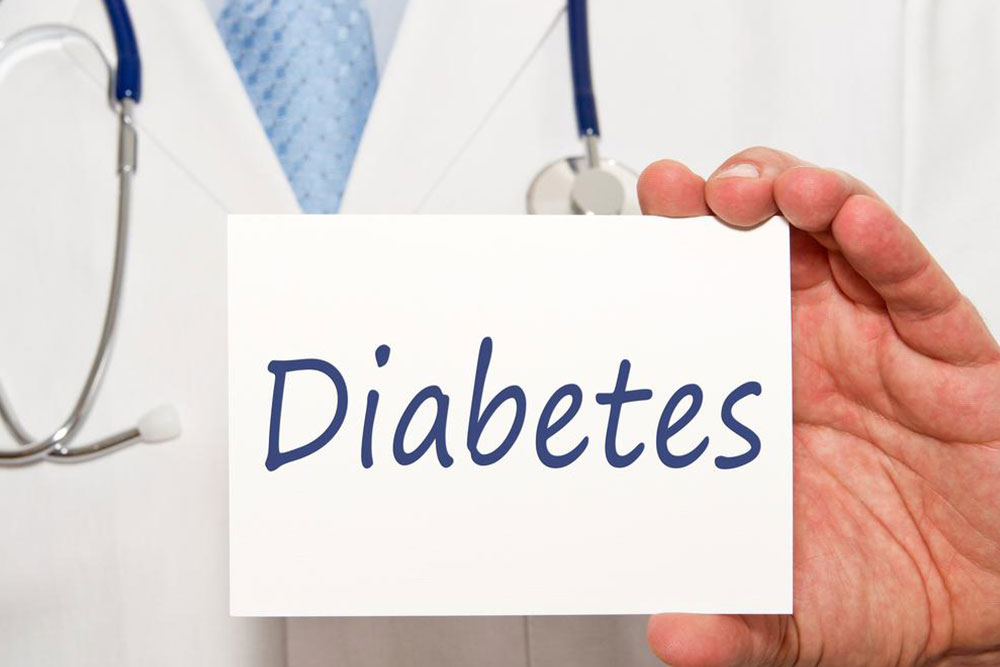
Strategies for Early Detection of Diabetes
Diabetes results from the body's inability to produce or respond to insulin effectively.
The main types include Type 1, also called insulin-dependent diabetes, and Type 2, which starts with insulin resistance where the body doesn't respond properly to insulin. A third form, gestational diabetes, occurs during pregnancy.
Among these, Type 2 diabetes is most common, marked by blood glucose levels exceeding 200 mg/dL, impairing sugar transport to cells for energy.
Many individuals are unaware they have Type 2 diabetes, often linked with weight gain and fatigue. Early warning signs vary across types.
Recognizing Early Symptoms of Diabetes
Type 1 diabetes develops rapidly due to insufficient insulin production by the pancreas, with symptoms often resembling the flu.
Signs of Elevated Blood Sugar:
Frequent urination: Increased urination, especially at night, occurs as the body eliminates excess sugar.
Excessive thirst: Dehydration caused by frequent urination leads to increased fluid intake.
Hunger pangs: Unused calories trigger sudden hunger episodes.
Weight loss: Losing weight may result from dehydration or caloric loss without utilization.
Fatigue and blurred vision: Both are caused by energy deprivation and dehydration.
Low blood sugar signs: When levels dip below 70 mg/dL, symptoms include sweating, shakiness, nausea, dizziness, vision issues, and rapid heartbeat. Immediate action is essential.
Type 2 diabetes symptoms: Similar to Type 1, with additional signs like slow-healing sores and cuts. Recognizing these early aids in timely intervention.
Contributing factors such as obesity, high cholesterol, and hypertension increase risk. Preventive measures, including healthy diet and daily exercise, are vital. Lifestyle modifications can significantly reduce the chance of developing diabetes.
Note: Our blog offers diverse informational content, but should not replace professional medical advice. Always consult healthcare providers for diagnosis and treatment plans. The website may not cover all available schemes and options.




